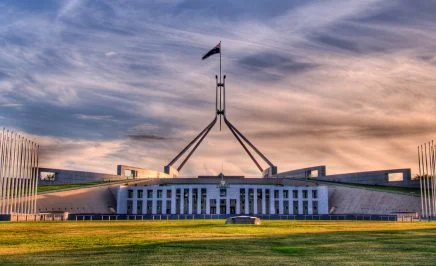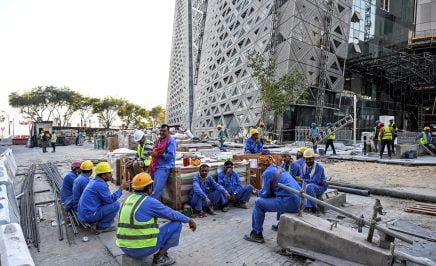As Chinese worker’s rights and women’s rights activist Li Qiaochu is expected to face trial today on the charge of “inciting subversion of state power”, the Head of Amnesty International’s China Team, Sarah Brooks, said:
“In reconvening Li Qiaochu’s trial, Chinese authorities are trying to put a veneer of legitimacy over years of harassment and detention aimed at silencing her peaceful dissent, with vanishingly thin evidence that amounts to little more than guilt by association.
“Since 2019, she has been repeatedly detained by police. First, they targeted her for nothing more than running a blog that shared articles written by her jailed partner, the prominent legal scholar Xu Zhiyong. And when she showed the immense courage nonetheless to publicly share details of Xu’s ill-treatment in custody, she was again punished.
“Li’s trial highlights the deeply repressive environment for anyone who tries to advocate for human rights in China, even when their activities are entirely peaceful and protected under international law.
“Li should not suffer retaliation for speaking out against torture or publicizing views at odds with those of the government. The Chinese authorities must launch an independent investigation into her allegations and ensure she is not subject to further ill-treatment, as well as allowing her to see her family and lawyers of her choice and seek adequate medical care.
“Li Qiaochu is on trial solely for exercising her right to freedom of expression. She must be released immediately and unconditionally.”
Background
The trial of Li Qiaochu on the charge of “inciting subversion of state power” is expected to start on Tuesday, 19 December at the Linyi Economic and Technological Development Zone People’s Court. Li faces a sentence of up to five years in prison or longer if deemed a ringleader; she has already been detained for almost three years. There is no clarity on when the court will announce its verdict or sentence.
Li is an activist and researcher whose work focuses on women’s rights and worker’s rights. She was first summoned by the police on 31 December 2019 and held for 24 hours at the Beijing Public Security Bureau, where she was questioned about the whereabouts of her partner Xu Zhiyong, who had attended an informal gathering of activists in the southeastern city of Xiamen earlier that month.
After she criticized the police’s treatment of her online on 9 January 2020, Li was taken into custody on 16 February 2020 and detained incommunicado under “residential surveillance at a designated location”, a measure that enables criminal investigators to hold individuals for up to six months outside the formal detention system in what can amount to a form of secret incommunicado detention.
After being released on bail on 19 June 2020, she was again arrested on 14 March 2021 under the charge of “inciting subversion of state power” after she tweeted about the harsh conditions at Linshu County Detention Centre, where Xu Zhiyong was detained. According to the indictment, Li was charged for “inciting subversion” because she “is Xu Zhiyong’s partner and deeply influenced by his subversive thoughts” and deemed to “spread subversive thoughts” by helping Xu publish his “subversive articles” online.
Prior to her trial, Li has been held at a detention centre at Linyi, Shandong province, and her family had expressed concern about her deteriorating mental health.
On 10 April 2023, her partner Xu Zhiyong was sentenced to 14 years imprisonment for “subversion of state power”.
Human rights defenders in China continue to face intimidation, harassment, arbitrary detention, as well as torture and other ill-treatment for defending human rights and exercising their freedoms of expression and association. Such harassment and intimidation often also extends to their family members and colleagues. Concerns about the treatment of HRDs have been raised by the international community ahead of China’s fourth Universal Periodic Review at the United Nations Human Rights Council which will take place on 23 January.





